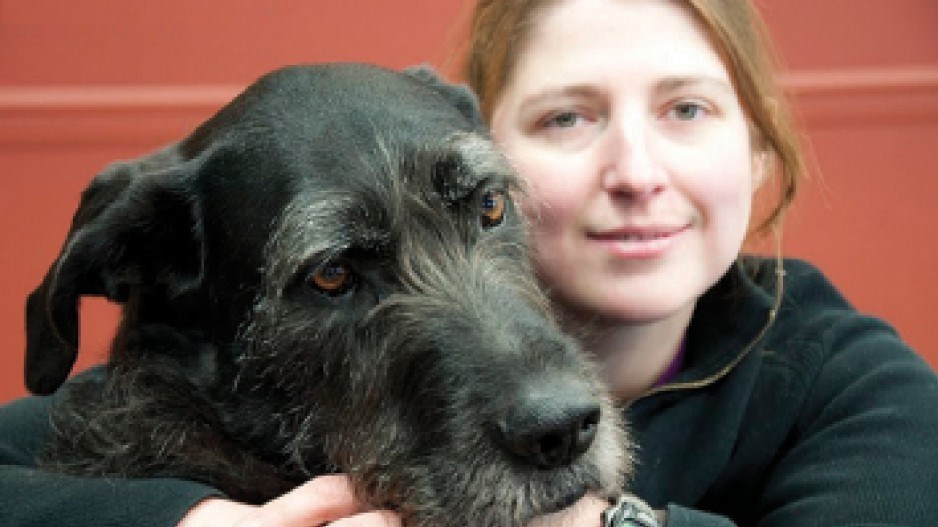Raw diets are gaining popularity in B.C., not only among adults, but also among health-conscious pet owners.
An Agriculture and Agri-Food Canada study found that high-quality, organic pet food represents a growing proportion of Canada’s $1.7 billion pet food industry.
North Vancouver-based Red Dog Deli is one local company that’s found footing in the market.
Founded in 2004, the company manufactures all-raw cat and dog food using muscle meat, organs and organic greens, based on studies of what animals would have eaten in the wild, said manager and co-founder Inna Shekhtman.
“I believe a raw diet is healthiest for our pets,” said Shekhtman, who owns an 11-year-old Irish wolfhound/Great Dane mix.
“With raw diets [animals’] energy and overall enjoyment of food goes up. Digestion is also easier because of fewer additives, which makes the animal stool smaller and reduces odour.
“We’re the only company in Canada that guarantees organic vegetables and non-medicated meats in our products.”
Red Dog Deli is one of the largest of its kind in B.C. It produces roughly 350,000 kilograms of product per year from its 7,000-square-foot facility.
The company has 16 employees. Annual revenue in 2013 exceeded $2 million, more than double what it was five years ago.
Red Dog’s products are sold at more than 200 stores across Canada, including retailers such as Bosley’s, Tisol and Whole Foods.
Raw diets don’t come cheap, but pet owners are willing to pay the difference, said David Kariotakis, owner of True Carnivores, B.C.’s original all-raw pet food store.
“They realize that there’s no savings in buying kibble,” he said. “You either pay for quality food, or you pay the vet.”
While raw pet food is gaining popularity, not all veterinary professionals are behind it.
In 2012, the Canadian Veterinary Medical Association warned that the “potential animal and public health risks in feeding raw meats outweigh any perceived benefits of this feeding practice.”
Concerns include higher risk of bacterial infection in humans from E. coli and salmonella, as well as other bacteria that could be present in animal stools.
The Vancouver Animal Emergency Clinic does not allow pets on a “BARF” (bones and raw food) diet to donate blood for fear of parasites, nutritional deficiencies and infection.
Shekhtman doesn’t deny the risk of bacteria, but said the danger is true of all pet food, whether dry, canned, frozen or raw.
“I think that because people think there’s no risk in dry food, there’s a greater chance of getting sick from it because of a false sense of security,” Shekhtman said.
“Education is a huge part of what we do, and we always explain [the risks] to our retailers and ask them to pass that on to customers.”
Handling process information can be found on Red Dog Deli’s labels, website and brochure.




